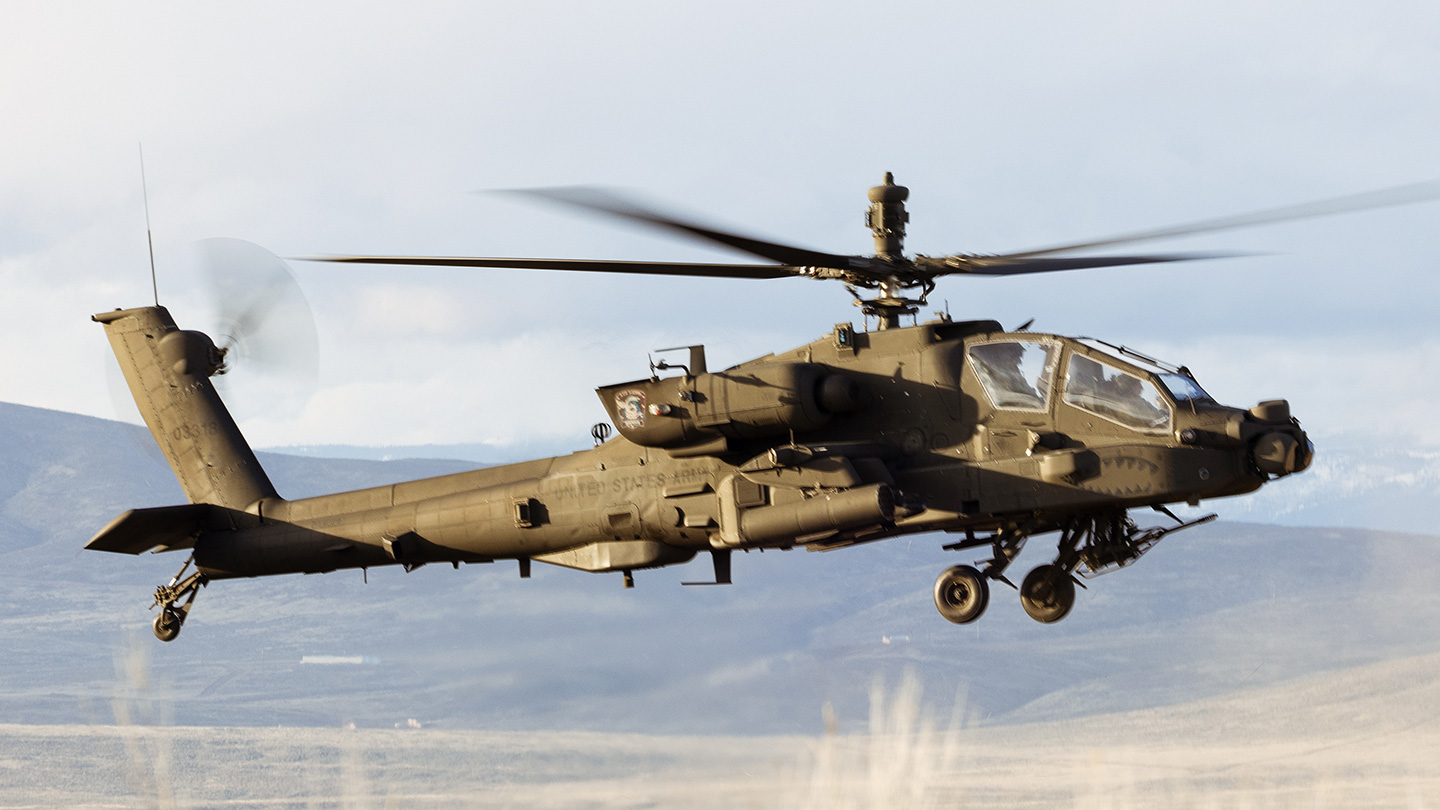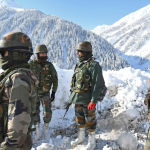The Indian Army’s long-awaited Boeing AH-64E Apache attack helicopters are finally expected to begin arriving this month, according to a report by The Sunday Guardian Live. The $800 million deal, signed in February 2020 during then-U.S. President Donald Trump’s visit to India, has faced multiple delays, pushing delivery timelines back by over 18 months.
Originally scheduled for full delivery by February 2024, the contract involves six advanced combat helicopters meant for the Army Aviation Corps. As of June 2025, none had been delivered, leaving the 451 Aviation Squadron—raised in March 2024 at Nagtalao, Jodhpur—non-operational despite being fully manned and trained.
The delays were attributed by Boeing to global supply chain disruptions and technical issues, including a critical fault in the electrical power generator that could produce hazardous cockpit smoke. Revised delivery timelines set in September 2024 projected the first deliveries by February 2025, but they too were missed. Defense sources now confirm that the first batch of three Apaches is expected to arrive in July 2025, with the remaining three scheduled for October–November.
India’s lower ranking in the U.S. Defense Priorities and Allocations System Program (DPAS-T) was cited as another factor causing procurement bottlenecks. Diplomatic efforts between April and May 2024 improved India’s DPAS standing, yet residual supply chain challenges have continued to impact the schedule.
The AH-64E Apache is a formidable combat platform, often referred to as a “flying tank.” It boasts advanced sensors and targeting systems, Hellfire air-to-ground missiles, Stinger air-to-air missiles, and a 30mm chin-mounted gun that fires 625 armor-piercing rounds per minute. Its ability to coordinate with unmanned aerial vehicles and conduct deep reconnaissance missions makes it especially valuable in desert warfare, particularly near the Pakistan border. The helicopters are designed to operate alongside the Indian Air Force’s existing fleet of 22 AH-64Es, inducted between 2019 and 2021 under a separate $3.1 billion contract.
The Apache acquisition supports the Indian Army’s broader effort to establish its own attack helicopter squadrons, separate from the Air Force. This organizational shift is driven by the need for direct, responsive close-air support in armored combat scenarios and aligns with India’s evolving Cold Start Doctrine, which emphasizes rapid mobilization and precision strikes against regional adversaries.
The delays have sparked debate on India’s reliance on foreign defense suppliers. Some analysts speculate that the Biden administration’s lukewarm diplomatic posture towards India—due to its neutral stance on the Russia-Ukraine conflict—may have contributed to the slowdown. However, with the Trump administration’s return, signs point to a renewed emphasis on U.S.-India defense cooperation.
Despite the delays, the Apache program remains strategically important. Boeing’s partnership with Tata Advanced Systems Ltd. in Hyderabad, which manufactures Apache fuselages with 90% locally sourced components, reflects India’s ambitions under the Make in India initiative and highlights the growing role of domestic industry in global defense supply chains.













